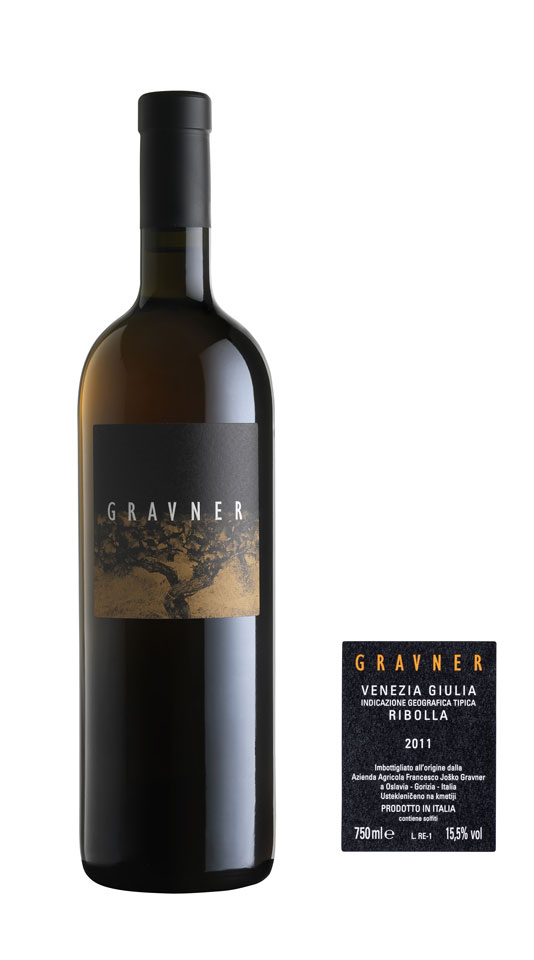Glass and vitrified steel enter the Oslavia cellar. The first tank is already leased, the others will arrive by early 2025.
An absolute protagonist of Italian wine and its recent history, considered by many to be the father of orange wines, Joško Gravner has always been an indomitable innovator in constant movement, in search of the right container in which to give birth to his wines. Supported by his nephew Gregor Pietro, Gravner has recently explored new frontiers for refinement , deepening the use of glass for its qualities of inertia, resistance and ease of cleaning. There are two companies that have created the new containers destined to accompany the underground amphorae, between the end of 2024 and 2025 , thus integrating the production process of the Oslavia winery: EnoKube and Pfaudler.
The collaboration with EnoKube , an entirely Italian project created, starting from an idea by Joško Gravner, by Enrico Cusinato together with the master glassmaker Vittorio Benvenuto, has seen the creation of an innovative 10 hectolitre glass tank. Introduced in the cellar already last spring, the container has allowed us to test new methods of refining small batches or selections, leaving a lot of room for experimentation . Thanks to the precision and properties of glass, EnoKube has proven to be a precious ally for the qualitative maturation of small quantities of wine.
However, the challenge of managing larger volumes revealed the limits of glass in supporting higher weights. It was then that, at the suggestion of a local engineer, the Gravner family also came into contact with Pfaudler Italia , a company specialized in the construction of vitrified equipment for the chemical and pharmaceutical industry and part of the GMM Pfaudler group. Together they developed the vitrified steel tanks with a maximum capacity of 70 hectolitres, whose design combines the strength of steel and the chemical resistance of glass. After careful initial design and construction, the steel tanks undergo the manual internal vitrification process which involves a first base layer and subsequent covering layers. Each vitrification is followed by a heat treatment of approximately 900 °C in order to permanently join the steel and glass, making it a true composite material. The glass coating guarantees a smooth, pore-free surface that is highly hygienic and does not release unwanted substances, making it ideal for storing and refining wine. In addition to their long service life, glass tanks are fully recyclable, thus reducing environmental impact and improving sustainability.
“The constant search for innovation is never an end in itself, but comes from the desire to improve every aspect of the production process, remaining faithful to our roots,” says Mateja Gravner . “With EnoKube we have found a perfect solution for small, high-quality productions, where every detail makes the difference. Pfaudler, on the other hand, has allowed us to face the challenge of refining normal production volumes without compromising the quality of the wine. Both solutions are essential for us, because they represent two sides of the same coin: the search for perfection in wine, regardless of quantity. Each container has a specific and valuable role in our process, and together they allow us to continue doing what we love.”
“The collaboration between the GMM Pfaudler Group and Gravner represents a significant step for both companies, leaders in their respective sectors. It is a meeting between industrial research and nature that opens up new opportunities, markets and solutions for both brands – underlines Mauro Bona , Regional Sales Manager of Pfaudler Italy srl –. For the Oslavia winery it means integrating cutting-edge technologies into its historic wine production, for GMM Pfaudler it is the opportunity to demonstrate the adaptability of its technologies to a growing sector and to contribute to the evolution of an established leader like Gravner”.

